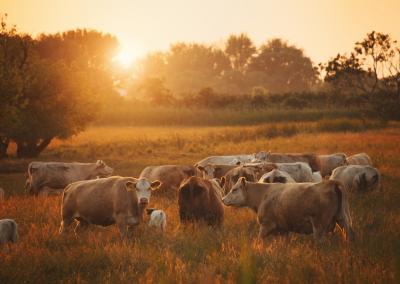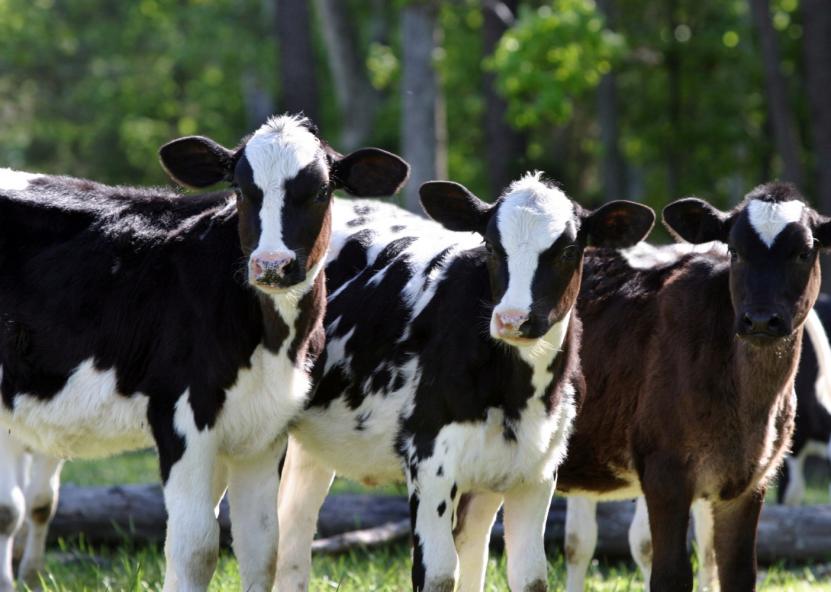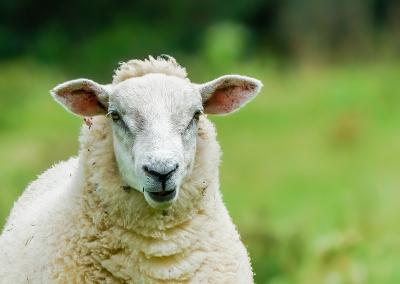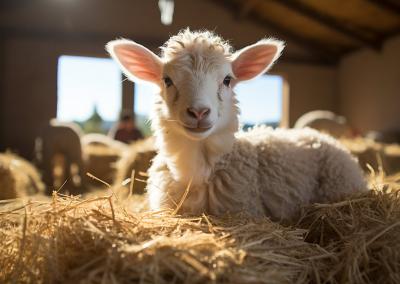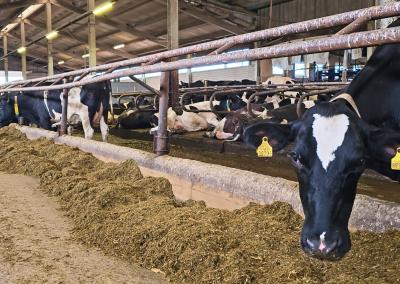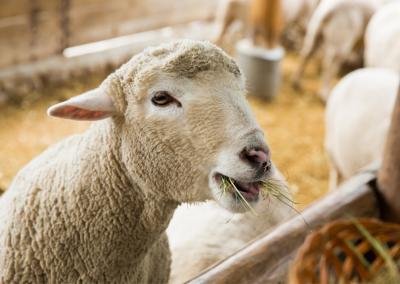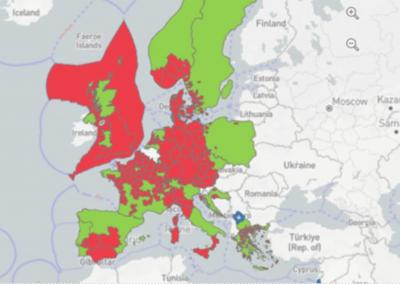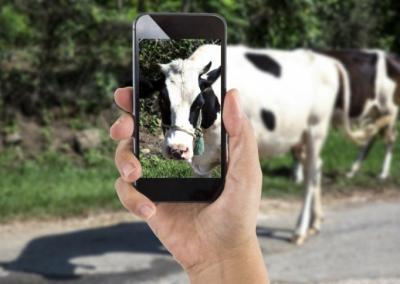Cattle farmers worried - deadly bluetongue already in Poland
Polish cattle farmers are taking all precautions as the first case of bluetongue has been confirmed. The disease is causing significant economic losses to farms. A diseased herd can be unproductive, with mortality rates of 70% or more. The country may be subject to restrictions on the export of livestock to third countries.
„ In view of the outbreak in Lower Silesia and the as yet unconfirmed outbreak in the province of West Pomerania, the whole of the Greater Poland region may be affected, with the exception of Koło county and some districts of Konin, Turek and Wagrowiec counties, “ informs the Polish veterinary authorities.
Late last week, a meeting on bluetongue took place at the Polish Chamber of Agriculture.
President of the Polish Chamber of Agriculture Mieczysław Łuczak stressed that bluetongue, after African swine fever and highly pathogenic avian influenza, is another challenge for Polish farmers, this time for cattle and other ruminant producers, according to the Polish portal.
Sales of healthy cattle and trade in meat – no restrictions
Dominica Kmet, a veterinarian from the Province of Greater Poland, reminded that under EU legislation, bluetongue is a C+D+E disease, which means that there is no obligation to combat it.
„It must be stressed that this disease is not a threat to humans. There are no restrictions on meat and meat products, milk, hides and skins or ruminant wool. This means that there will be no restrictions on the sale and trade of meat from healthy animals for slaughter," the Chamber stressed.
The virus, which is fatal to animals, is spreading rapidly in Germany, the Netherlands, the United Kingdom and Belgium.
The disease is expected to spread even more as spring approaches.
Blue tongue disease – an insect-borne viral disease of domestic and wild ruminants. Sheep, cattle, goats, deer, camels and llamas are the most commonly infected.
Sheep are the worst affected. Although cattle are more often infected than sheep, they do not always show signs of the disease. Blue tongue is not dangerous to humans.
The disease is caused by a virus spread by mosquitoes of the genus Culicoides. Bluetongue is not transmissible between livestock, but it can be spread by trade – infected mosquitoes carry the disease by air and can also be carried by the wind or by vehicles (lorries, planes, etc.). Other species of blue tongue have now been identified as spreading blue tongue disease and are adapted to and breed in the northern part of Europe as well as in the southern part of Europe.











































